Disclosure: This article contains affiliate links. We may earn a commission from purchases at no extra cost to you, which helps our travel content.
Standing atop Tel es-Sultan, watching the spring sunrise illuminate what archaeologists believe to be 11,000 years of continuous human settlement, I couldn't help but think about all the meals shared here across millennia. Jericho isn't just the world's oldest continuously inhabited city—it's a living cookbook with recipes passed down through countless generations. My grandfather always said you could understand a place best through its food, and after a week exploring Jericho's culinary landscape with my camera in hand, I've found this ancient Palestinian city speaks volumes through its dishes. What started as a side trip during my Middle Eastern baseball stadium tour (yes, baseball exists here too!) turned into a week-long love affair with date honey, fresh-baked taboon bread, and communal meals that made me feel like family despite being thousands of miles from Wisconsin.
The Morning Ritual: Breakfast Like a Local
Mornings in Jericho begin early, when the air still carries the desert's nighttime coolness and the call to prayer echoes across the oasis city. My first breakfast experience came through a recommendation from my guesthouse owner—a small family restaurant where three generations work together preparing what locals simply call futur (breakfast).
I arrived just after sunrise to find Abu Mahmoud stretching and slapping dough against the inside wall of a cone-shaped clay oven called a taboon. Within minutes, the bread puffed and developed beautiful charred spots before being pulled out and placed directly on my table alongside small bowls of zeit wa za'atar (olive oil mixed with za'atar herb blend), fresh labneh (strained yogurt), cucumber, tomatoes, and olives.
"This is how we've eaten breakfast for thousands of years," Abu Mahmoud's daughter Leila told me as she poured sweet mint tea into a tiny glass. "The ingredients come from just outside the city—the same fields that have fed Jericho since biblical times."
What struck me most wasn't just the incredible flavors but the unhurried ritual of the meal itself. Families lingered over breakfast, tearing bread and sharing news. Children dipped pieces into dishes of local date honey, their fingers sticky with the sweet amber liquid that Jericho has been famous for since ancient times. I found myself slowing down too, abandoning my typical on-the-go American breakfast habits.
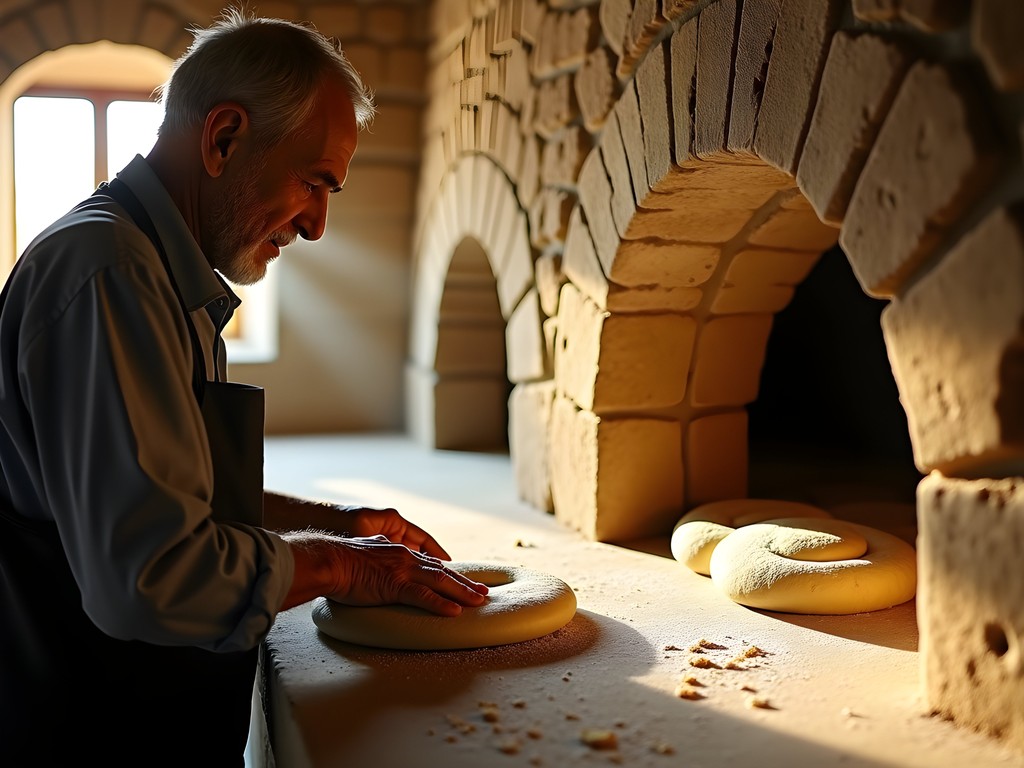
💡 Pro Tips
- Ask for 'futur baladi' for the most authentic local breakfast experience
- Breakfast spots are busiest after morning prayers (around 7am)
- Always accept tea when offered—it's considered rude to decline
Market Day: Navigating Jericho's Souq
If you want to understand a city's food culture, head straight to its markets. Jericho's central souq has operated in roughly the same location for centuries, though today's version is a vibrant mix of permanent shops and temporary stalls that fill the narrow streets each Wednesday and Saturday.
I arrived early on market day, my camera bag slung across my body, ready to capture the morning rush. The market explodes with color—piles of bright red tomatoes, bunches of herbs still glistening with dew, mountains of spices in every shade imaginable. What makes Jericho's produce exceptional is the unique microclimate of this desert oasis, sitting 846 feet below sea level in the Jordan Valley.
"Our dates are the sweetest in the world," insisted Umm Khalid, a vendor whose family has sold Medjool dates for generations. She pressed one into my palm, insisting I try it on the spot. The fruit was almost obscenely plump, with a caramel-like sweetness that made me immediately purchase a kilogram to snack on throughout my stay.
Families shopping together is the norm here, with children helping carry bags and learning the art of selection from parents and grandparents. I watched as a young boy no older than seven confidently negotiated for a bunch of mint, his mother nodding approvingly nearby.
For families visiting Jericho, the market offers an incredible educational opportunity. My advice? Give each child a small amount of money and let them practice purchasing something—vendors are incredibly patient and often slip extra treats to children. It's a hands-on lesson in both mathematics and cultural exchange that beats any classroom experience.
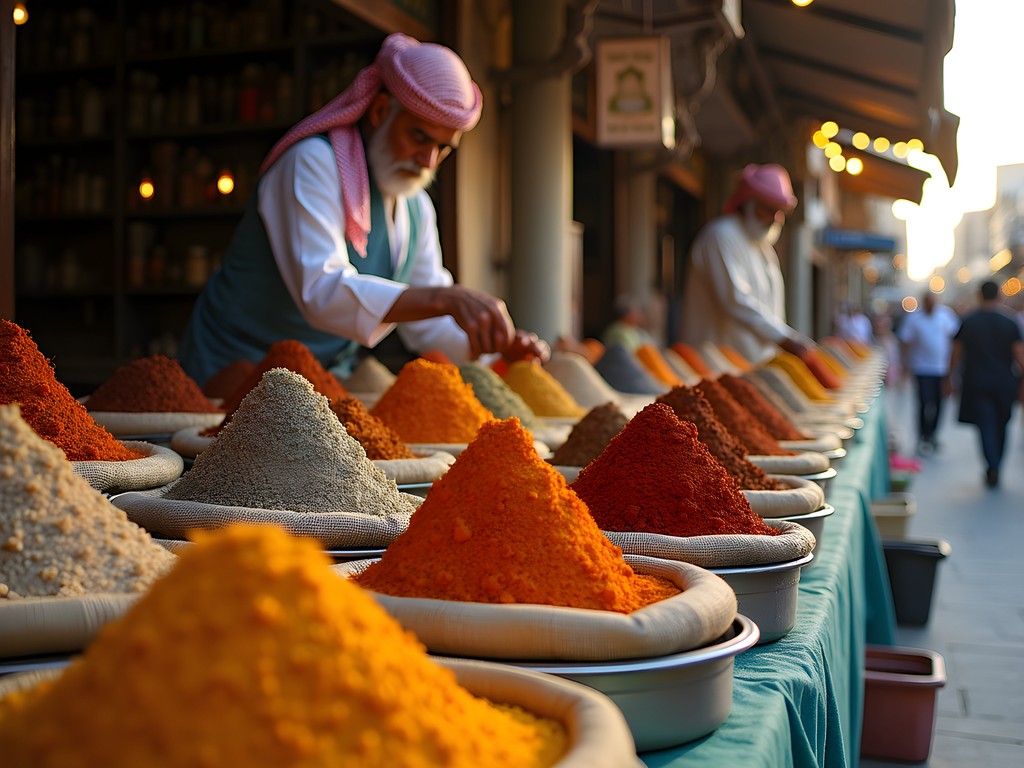
💡 Pro Tips
- Visit early (before 9am) for the freshest selection
- Bring small bills and coins for easier transactions
- Ask before photographing vendors—most are happy to pose if asked respectfully
The Ancient Art of Maqluba
"You cannot understand Palestinian cooking until you've seen maqluba," insisted Samira, who runs a small cooking class from her family home on the outskirts of Jericho. The name translates to "upside-down," which perfectly describes this dramatic rice dish that's flipped at the table to reveal layers of meat, vegetables, and aromatic rice.
Samira's kitchen became my classroom for an afternoon as she patiently demonstrated how to layer eggplant, cauliflower, chicken, and spiced rice into a deep pot. While we waited for it to cook, she shared stories of learning these techniques from her grandmother, who insisted that cooking was not just about feeding the body but preserving cultural memory.
"During difficult times, our recipes kept us connected to our history," she explained while showing me her collection of hand-written recipe cards, some dating back to her great-grandmother.
The real magic happened at serving time. Samira placed a large round tray on top of the pot, said a quick prayer, then flipped the entire creation with practiced hands. When she lifted the pot, there stood a perfect dome of golden rice studded with tender vegetables and chicken, fragrant with cinnamon, allspice, and cardamom.
For families visiting Jericho, I cannot recommend Samira's cooking class highly enough. Children are not just welcomed but given age-appropriate tasks, from washing vegetables to helping with the dramatic flip. My travel tripod came in handy to capture the perfect time-lapse of our maqluba construction, a video that's become one of my most-requested photography tutorials back home.
The class concludes with everyone eating together, sharing stories across cultures while enjoying the fruits of your collective labor. It's the kind of authentic experience that creates lasting family memories while supporting a local entrepreneur.
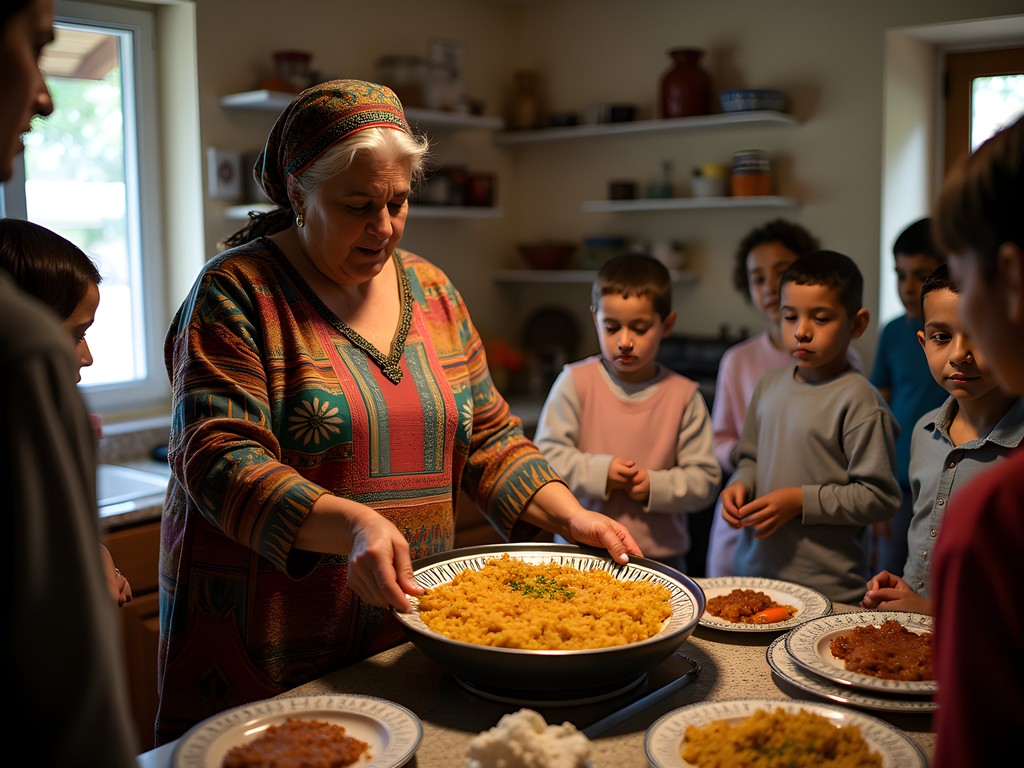
💡 Pro Tips
- Book cooking classes at least 2 days in advance
- Classes can accommodate dietary restrictions with advance notice
- Bring containers if you want to take leftovers—portions are generous!
Sweet Endings: Jericho's Date Heritage
Long before it was called "The City of Palms" in biblical texts, Jericho's identity has been intertwined with date cultivation. The ancient Romans prized Jericho's dates above all others, and today, the tradition continues with the prized Medjool variety.
My exploration of Jericho's sweet side led me to the Al-Nakhil Date Cooperative on the city's eastern edge, where multi-generational farming families work together to maintain palm groves that stretch toward the horizon. The cooperative offers tours that are surprisingly engaging for all ages—my guide Bassam had a special talent for keeping children entertained with stories about the "tree of life" while explaining sustainable farming practices.
"Each palm can produce over 100 kilograms of dates annually for up to 100 years," Bassam explained as we walked through groves where some trees have been producing fruit since before I was born. "But they need human hands to pollinate them—it's a partnership between farmer and tree."
The tour culminated in a tasting session where I sampled everything from fresh soft dates (available only during harvest season) to date molasses, date honey (dibs), and even date cookies. For those with a sweet tooth, the cooperative's shop offers ethically-sourced products that support local farmers directly.
What struck me most was learning how date cultivation connects modern Palestinians to their ancient heritage. Archaeological excavations have uncovered date seeds from the Herodian period, and some scientists believe the genetic lineage of today's palms may stretch back thousands of years.
For families traveling with children, I recommend bringing a polaroid camera to capture and share photos with your guides. The immediate physical prints delight local children who rarely see this technology, and it creates an instant connection that transcends language barriers. My collection of polaroids with Palestinian farming families has become one of my most treasured souvenirs.
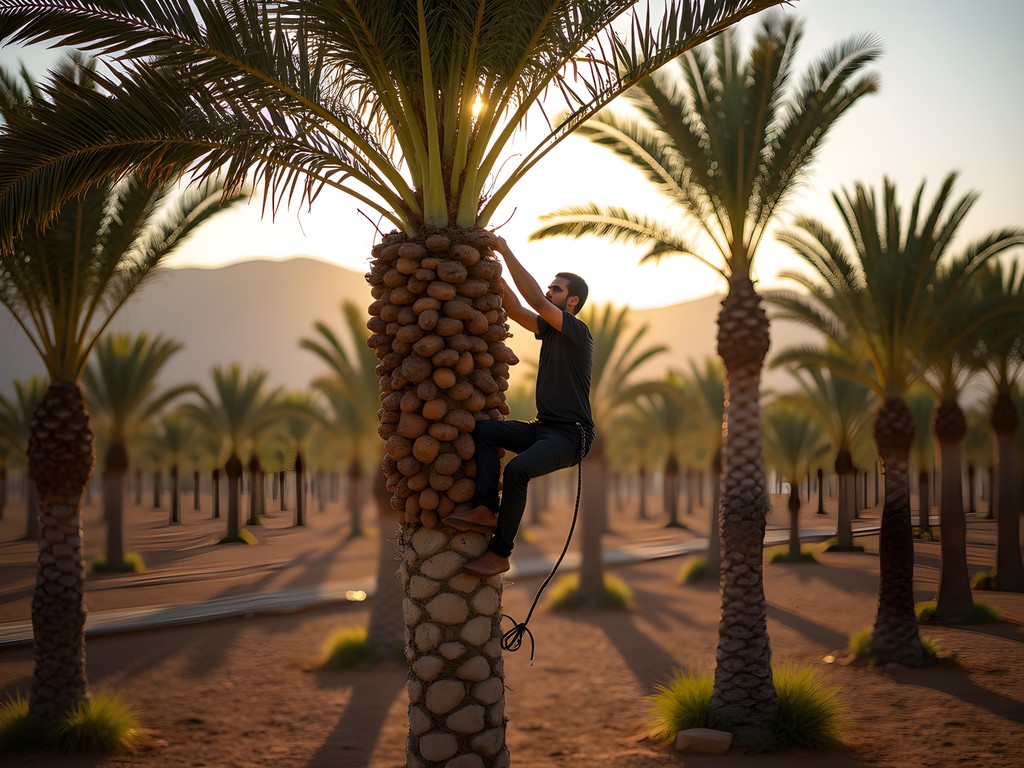
💡 Pro Tips
- Call ahead to confirm tour times as they change seasonally
- September-October is harvest season when you can taste fresh dates directly from trees
- The cooperative can arrange transportation from central Jericho for a small fee
Breaking Bread Together: Community Dining
My most profound food experience in Jericho didn't come from a restaurant or market, but from an unexpected dinner invitation. While photographing the ancient Tell es-Sultan archaeological site, I struck up a conversation with Ahmed, the site's caretaker. After learning I was traveling alone, he insisted I join his family for dinner that evening.
"No one should eat alone in Palestine," he said with finality that brooked no argument.
Hours later, I found myself seated on floor cushions in a modest home on Jericho's outskirts, surrounded by three generations of Ahmed's family. His wife Fatima orchestrated an incredible feast that emerged from their small kitchen: makloubeh (upside-down rice dish), musakhan (sumac-spiced chicken on taboon bread), and a parade of mezze including the best hummus I've ever tasted.
What struck me most was how the meal functioned as both nourishment and social connection. Everyone ate from communal dishes, reaching across the tablecloth spread on the floor. Ahmed's elderly mother insisted on placing choice morsels directly on my plate, while his children practiced their English by asking about America and whether I'd seen their favorite Marvel movies.
For families visiting Jericho, I encourage you to be open to these spontaneous connections. While you can't plan for a private home invitation, you can create similar experiences by booking a meal through the "Diwan: Eat With Palestinians" program, which arranges home-cooked meals with local families. These aren't staged tourist experiences but genuine cultural exchanges centered around food.
One practical note: bring a small, thoughtful gift when visiting Palestinian homes. I always travel with a instant photo printer that connects to my phone. Being able to print photos of my host family and leave them as a thank-you gift has created meaningful connections across language barriers. The children were especially delighted to receive physical photos of themselves—something increasingly rare in our digital age.
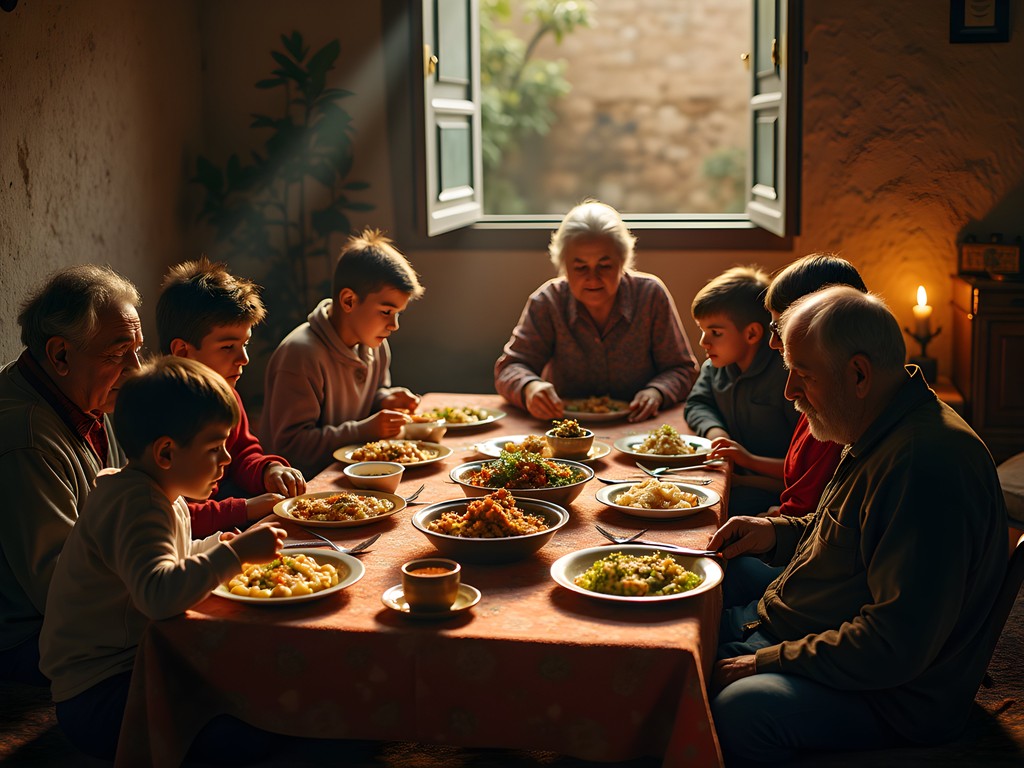
💡 Pro Tips
- Learn a few basic Arabic phrases—even simple greetings are deeply appreciated
- Remove shoes before entering Palestinian homes
- It's polite to refuse seconds once or twice before accepting—this is part of the hospitality ritual
Final Thoughts
As my week in Jericho drew to a close, I found myself standing once again atop Tel es-Sultan, this time watching the sunset paint the ancient mound in shades of gold and amber. My camera captured the light, but what I'll remember most are the flavors and faces of this remarkable city. In Jericho, food isn't just sustenance—it's living history, cultural preservation, and community building all rolled into one. For families seeking authentic connections while traveling, Jericho's culinary landscape offers something increasingly rare in our globalized world: traditions that have remained intact for millennia, yet welcome newcomers with open arms and full plates. When you visit, come hungry—not just for food, but for the stories and connections that make travel truly meaningful. Like my grandfather always said about his beloved Polish dishes: the secret ingredient is never listed in the recipe—it's the hands and hearts of those who prepare it.
✨ Key Takeaways
- Food in Jericho connects visitors directly to thousands of years of culinary tradition
- Family-run businesses offer the most authentic and welcoming experiences
- Sharing meals with locals provides deeper cultural understanding than any guidebook
- Children are universally welcomed and included in food experiences
📋 Practical Information
Best Time to Visit
March-May (spring) or October-November (fall)
Budget Estimate
$30-50 per day excluding accommodation
Recommended Duration
3-4 days minimum, 1 week ideal
Difficulty Level
Easy

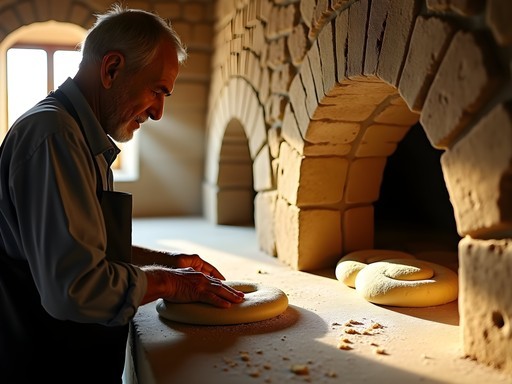
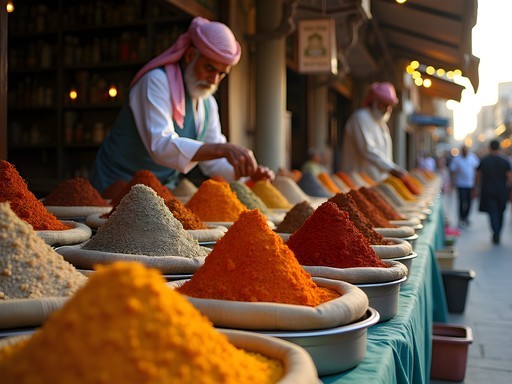
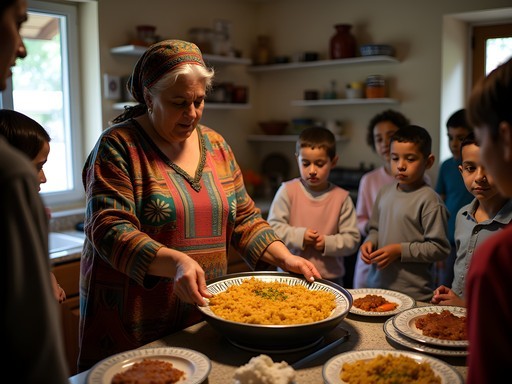
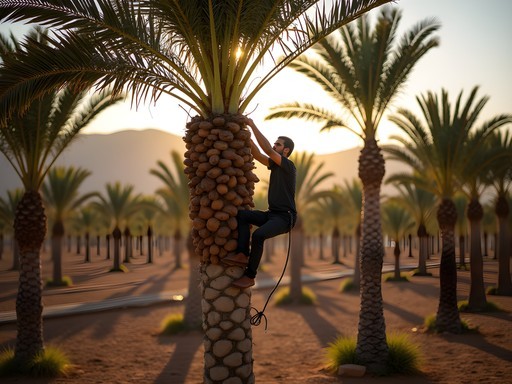
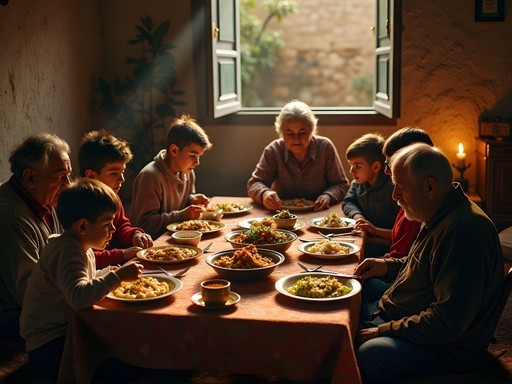


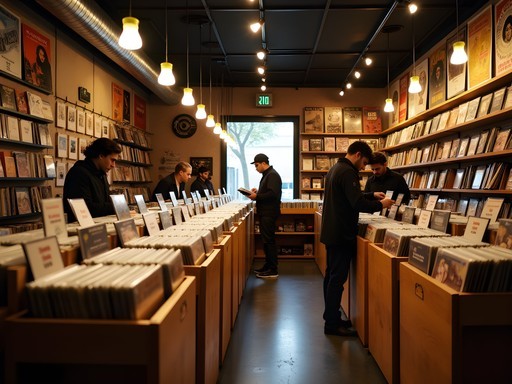
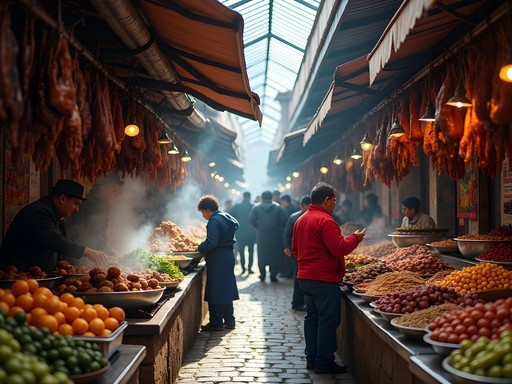
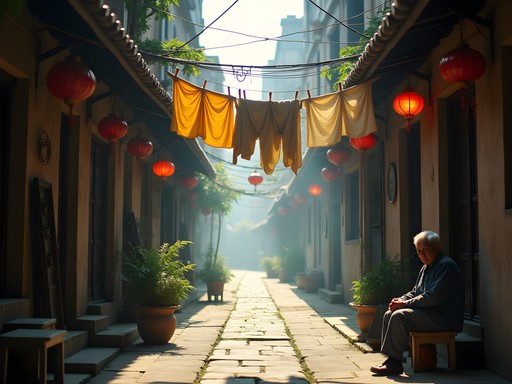
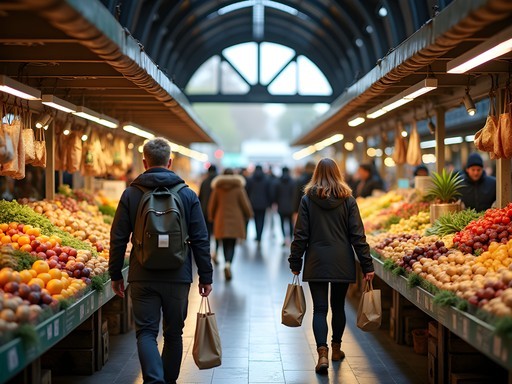
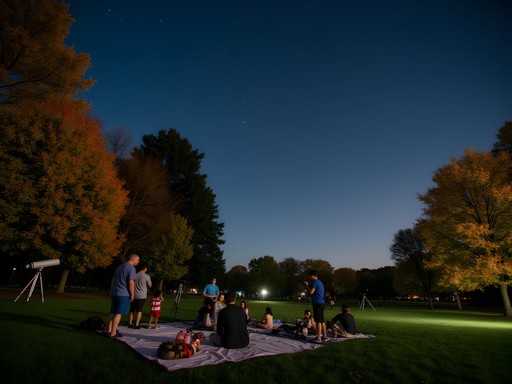

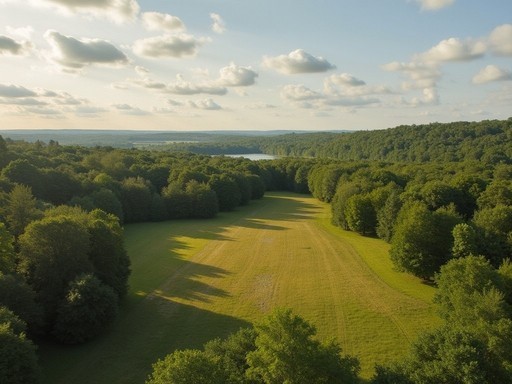

Comments
Jean Wells
Emilia, this really resonates with my own experience in Jericho last year. I found the souq particularly fascinating from an anthropological perspective - the way vendors still use traditional measurement systems alongside modern scales tells you so much about cultural continuity. One thing I'd add for solo travelers: the morning market (around 7-8am) is actually less crowded than mid-morning, and vendors are more willing to explain their products when they're not swamped. I spent nearly an hour with one date seller learning about the different varieties grown in the Jordan Valley. The maqluba section brought back memories - watching that flip is nerve-wracking every time! Did you get to try the version with cauliflower? It's less common but absolutely worth seeking out.
Emilia White
Jean, yes! The cauliflower version was incredible. And your tip about early morning at the souq is spot on - that's exactly when I had my best conversations with vendors. The cultural continuity aspect is so present in everything there.
sunsetmate
Those date sweets look amazing!
Emilia White
They really are! The ones stuffed with walnuts were my favorite.
sunsetmate
Good to know, thanks!
Jean Wells
I've been contemplating Emilia's observations about the continuity of culinary traditions in Jericho. What strikes me most is how the regional food practices have remained remarkably consistent despite numerous political changes over millennia. During my research visits to archaeological sites in the Jordan Valley, I've noted striking similarities between ancient food preparation areas and contemporary Palestinian kitchens. The stone mortars used for grinding spices, the clay ovens for baking flatbreads - these technologies have been refined but not fundamentally altered in thousands of years. This speaks to the resilience of food culture as a carrier of identity. I particularly appreciated Emilia's section on the date heritage, as the cultivation methods described mirror accounts from Roman-era documents I've studied.
middleeast_foodie
If you're visiting Jericho, don't miss trying the camel milk ice cream at the small shop near the cable car station. It sounds strange but it's incredible - slightly salty and sweet at the same time!
travel_with_kids
My kids LOVED this! They still talk about it a year later.
globetrotter365
That sunrise photo from Tel es-Sultan is absolutely stunning! What camera do you use?
adventure_mom_2
How difficult was it to get around Jericho? Safe for solo female travelers? Planning a trip with my daughter next spring.
coffeenomad4894
I went solo last year! Super safe and easy to navigate. The locals were incredibly welcoming.
adventure_mom_2
That's so reassuring, thanks! Did you use public transportation or hire a driver?
coffeenomad4894
Mostly public transport! Cheap and reliable. For one day trip I used GetYourGuide which was worth it for the historical context.
Jean Wells
Emilia, your description of breakfast in Jericho transported me back to my visit in 2022. The za'atar bread alone is worth the journey! I found the culinary preservation in Jericho particularly fascinating as it represents one of our oldest continuous food traditions. Did you notice how the cooking techniques still reflect ancient methods? During my stay, I participated in a cooking class where we prepared maqluba in clay pots buried in hot sand - apparently a technique dating back millennia. The archaeological context of the cuisine adds such a profound dimension to every bite. I documented similar observations in my Levantine food heritage series, though your insights on the date cultivation are more comprehensive than what I managed to capture.
mideast_wanderer
Jean, where did you find that cooking class? I'm heading there next month and would love to try it!
Jean Wells
It was through a local family homestay program - contact Hisham's Palace Visitor Center, they maintain a list of families who offer culinary experiences. Truly authentic!
coffeenomad4894
Those date desserts look incredible! Adding Jericho to my bucket list just for the food 😍
Jean Wells
The date honey there is unlike anything you'll taste elsewhere. Something about the mineral content in the soil around Jericho gives them a distinct flavor profile.
coffeenomad4894
Really? Now I'm even more intrigued! Have you tried making maqluba at home after your visit?
waveadventurer
Your photos of the sunrise at Tel es-Sultan are breathtaking! Added Jericho to my bucket list immediately!
dreambuddy
You won't regret it! Just make sure to stay for at least 3 days to really experience the food scene.
winterblogger
Planning to visit next month! How did you arrange the cooking class with local families? And was it easy to get around without a car? Your post has me so excited to taste everything!
Emilia White
I booked through a local organization called 'Jericho Kitchen Encounters' - they pair visitors with families for authentic cooking experiences. As for getting around, I mostly walked within the city and used shared taxis (service) for longer distances. Very affordable and a great way to meet locals! I used my pocket phrasebook constantly - even basic Arabic phrases opened so many doors.
winterblogger
Thanks so much! Just looked up Jericho Kitchen Encounters and sent them an email. Can't wait!
Venture X
Premium card with 2X miles, $300 travel credit, Priority Pass